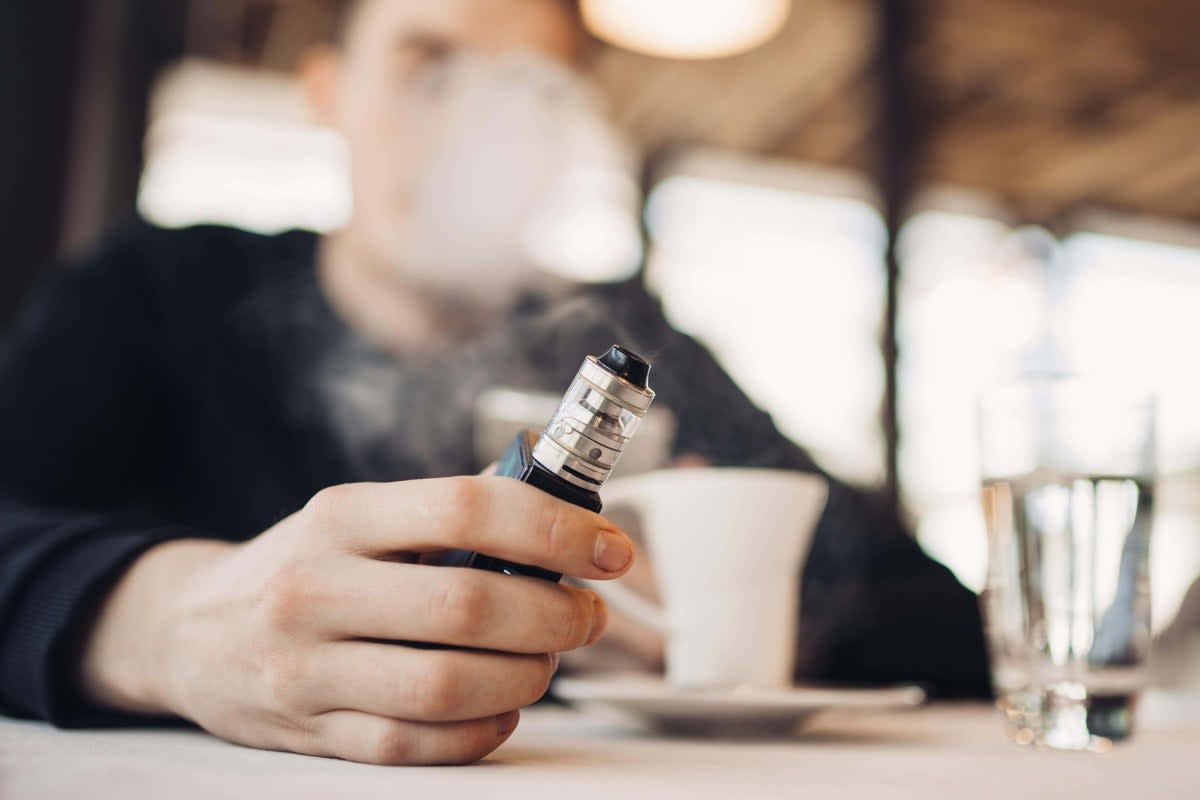Australia bans recreational vaping to avoid having ‘nicotine addicts’

Australia has announced a ban on disposable vapes and decided to increase the tobacco tax by billions of dollars in the next few years.
Health minister Mark Butler laid out an ambitious plan to eliminate a rampant vaping black market amid concerns that a new generation of young people has become addicted to nicotine.
“Vapes contain more than 200 chemicals that do not belong in the lungs. Some of the same chemicals you will find in nail polish remover and weed killer,” Mr Butler said.
“This is a product targeted at our kids. Vaping has become the No. 1 behavioural issue in high schools, and it’s becoming widespread in primary schools. This must end.”
Mr Butler said hard-won gains in public health pertaining to a reduction in smoking could be undone by the “new threat”.
According to the Sydney Morning Herald, one in six teenagers between 14 and 17 years of age and a quarter of people between 18 and 24 years have vaped. It cited a recent study published in the Australian and New Zealand Journal of Public Health.
Mr Butler previously said there were as many as two million vapers in Australia.
The health minister, however, noted that for the vapes that remain legal when purchased with a doctor’s prescription, further rules will apply. He said there will be restrictions on flavours and colours, pharmaceutical-like packaging and limited nicotine concentrations and volumes. There will also be a total ban on single-use, disposable products.
“No more bubblegum flavors. No more pink unicorns. No more vapes deliberately disguised as highlighter pens for kids to be able to hide them in their pencil cases,” he was quoted as saying by CNN.
Mr Butler said he would also make it easier for people to get a prescription for “legitimate therapeutic use”.
Currently, according to local media, there are a limited number of doctors willing to prescribe vapes as a smoking cessation tool.
“Vaping was sold to governments and communities around the world as a therapeutic product to help long-term smokers quit,” he said.
“It was not sold as a recreational product – especially not one for our kids. But that is what it has become: the biggest loophole in Australian history.”
“Just like they did with smoking, Big Tobacco has taken another addictive product, wrapped it in shiny packaging and added flavours to create a new generation of nicotine addicts. This must end.”
The country’s tax on tobacco will be increased as well. The tax will be raised by 5 per cent a year starting this September.
This will amount to a total increase of AU$3.3bn ($2.2bn) over four years.
It follows an AU$234m ($157m) boost for tougher regulation of e-cigarettes, including new controls on their importation and packaging.

 Yahoo News
Yahoo News 
